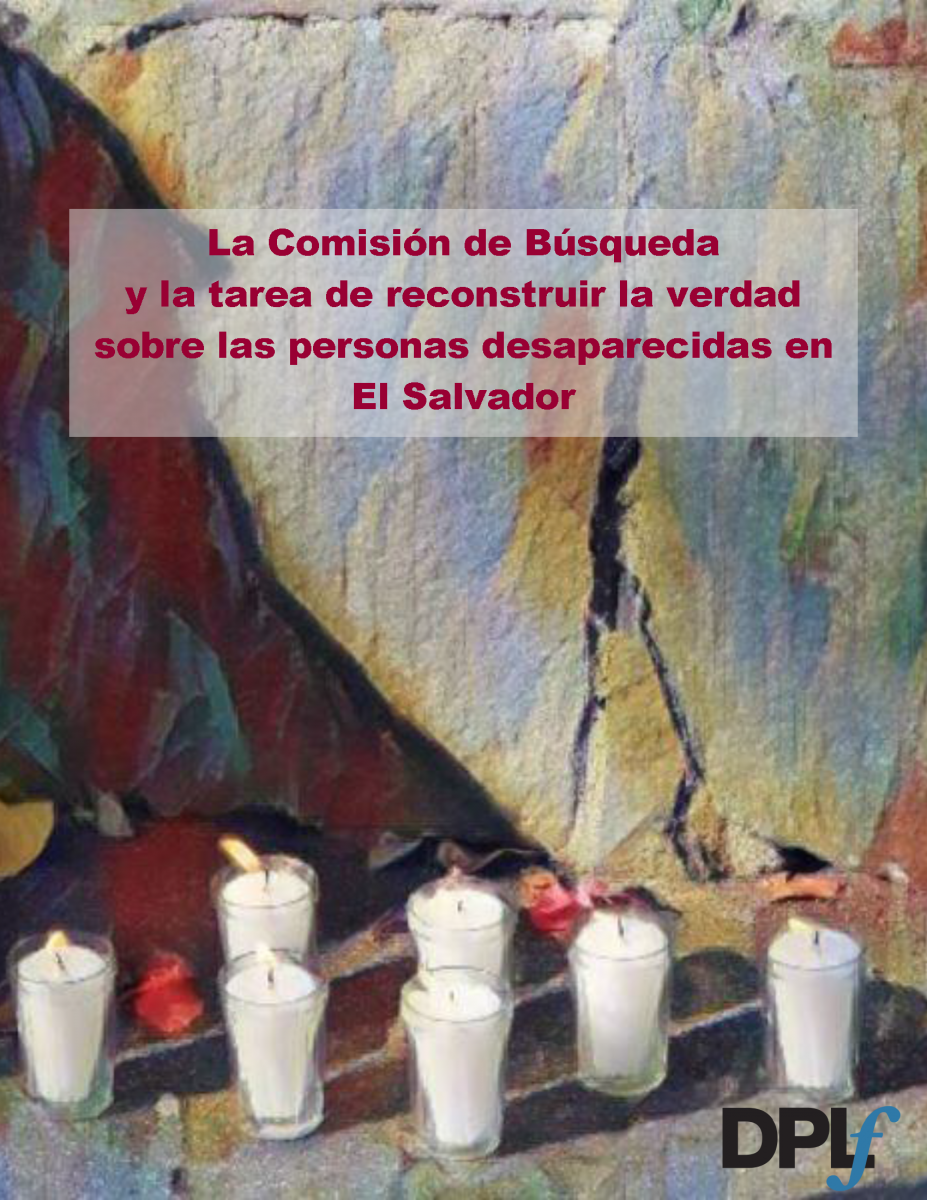Transitional Justice in the Aftermath of Civil Conflict: Lessons Learned from Peru, Guatemala, and El Salvador
As transitional justice has become both a global idea and a global practice, there is an increasing need to better understand not only the design and implementation of transitional justice mechanisms, but their impact and significance as well. Any such effort requires an examination of the specific mechanisms of transitional justice, as well as the broader political context that gives shape to these mechanisms and their implementation.






